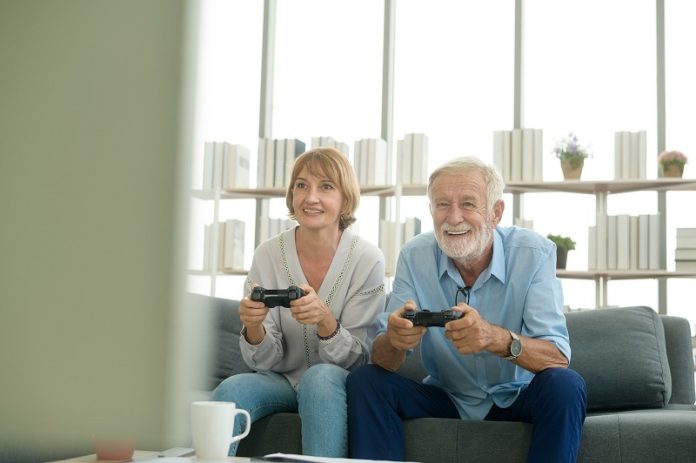
A recent large-scale study has found that playing video games may improve cognitive abilities, while physical exercise boosts mental well-being.
However, the two activities do not seem to benefit both areas equally.
The surprising results come from the Brain and Body study, a collaboration between Western University in Canada and the Science and Industry Museum for the Manchester Science Festival.
The study, led by renowned neuroscientist Dr. Adrian Owen from Western University, involved more than 2,000 participants from around the world.
These individuals first completed a lifestyle survey and then played online brain games to test different cognitive skills like memory, attention, reasoning, and verbal abilities.
About 1,000 people completed all tasks, providing the researchers with valuable data.
The findings, published as a preprint on PsyArXiv, show that people who regularly played video games (five or more hours per week of a single game) performed much better in cognitive tests. On average, their brains functioned like someone 13.7 years younger.
Even those who played fewer video games (less than five hours a week) had a mental boost, performing like people 5.2 years younger. However, playing video games didn’t appear to have any effect on mental health.
On the other hand, participants who exercised for more than 150 minutes per week—the amount recommended by the World Health Organization (WHO)—were 12% more likely to report no symptoms of depression and 9% more likely to have no symptoms of anxiety.
While exercise improved mental well-being, it did not seem to have any impact on cognitive abilities.
Dr. Owen explained, “Our study showed that playing video games was linked to better cognitive performance, but it didn’t affect mental health.
Meanwhile, physical exercise improved mental health but didn’t seem to affect cognitive abilities.”
The researchers also noted that physical activity made the most difference for people with mild or no symptoms of depression or anxiety, suggesting exercise may be especially helpful for maintaining good mental health.
These results highlight the brain-body connection and how lifestyle choices can impact both cognitive and mental health. Dr. Owen believes that the findings could help guide people in choosing activities that promote healthy brain aging.
The results of this study were presented by Dr. Owen at the Manchester Science Festival, where visitors also had the chance to participate in a pilot study to explore the short-term effects of gaming and exercise on the brain.



